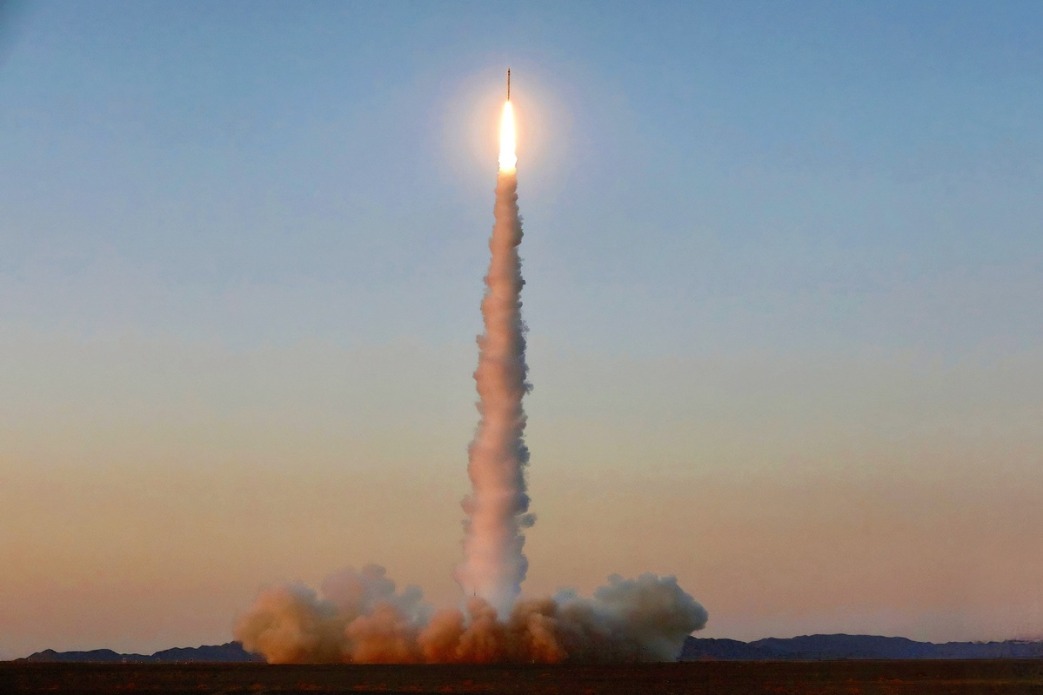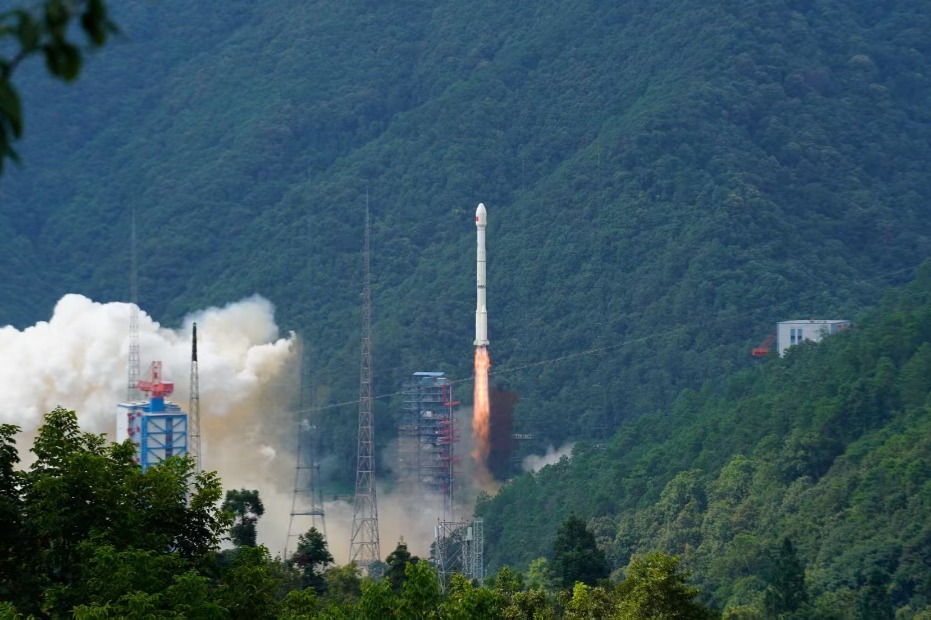Chinese scientists find DNA replication stress can trigger NDS in human cells

BEIJING -- Chinese scientists have discovered that replication stress could induce nonrandom chromatid segregation and asymmetric distribution of DNA damage response proteins, according to Wednesday's Science and Technology Daily.
A recently published study demonstrated that DNA replication stress can trigger nonrandom DNA segregation (NDS) in human cells, said the report.
This biased inheritance of old template DNA is associated with the asymmetric DNA damage response (DDR), which derives at least in part from telomeric DNA.
The study was jointly conducted by members of Zhejiang University School of Medicine (ZUSM) and The Second Affiliated Hospital of the ZUSM.
NDS is a mitotic event in which sister chromatids carrying the oldest DNA strands are inherited exclusively by one of the two daughter cells. Although this phenomenon has been observed across various organisms, the mechanism and physiological relevance of this event remain poorly defined.
The study also revealed that the ATR/CHK1 signaling pathway plays an essential role in mediating NDS. It shows the biased segregation process leads to cell-cycle arrest and cell death in damaged daughter cells inheriting newly replicated DNA.
These data identify a key role for NDS in the maintenance of genomic integrity within cancer cell populations undergoing replication stress due to oncogene activation.
"If we can master the occurrence mechanism of the nonrandom DNA segregation, we can deeply understand the reasons for a tumor's rapid proliferation and the drug resistance. Then, we can provide more precise targeted therapy plans," said Shen Huahao, a researcher of the team.
The study has been published in the journal Molecular Cell.
- Flags spotlight Hebei's enduring war legacy
- Harbin Institute of Technology opens China-SCO doctoral training center
- Xi extends congratulations to plenary session of China-Russia friendship committee
- China unveils asteroid defense mission plan
- China's Galactic Energy launches three satellites
- Former securities regulator Yi Huiman under probe




































